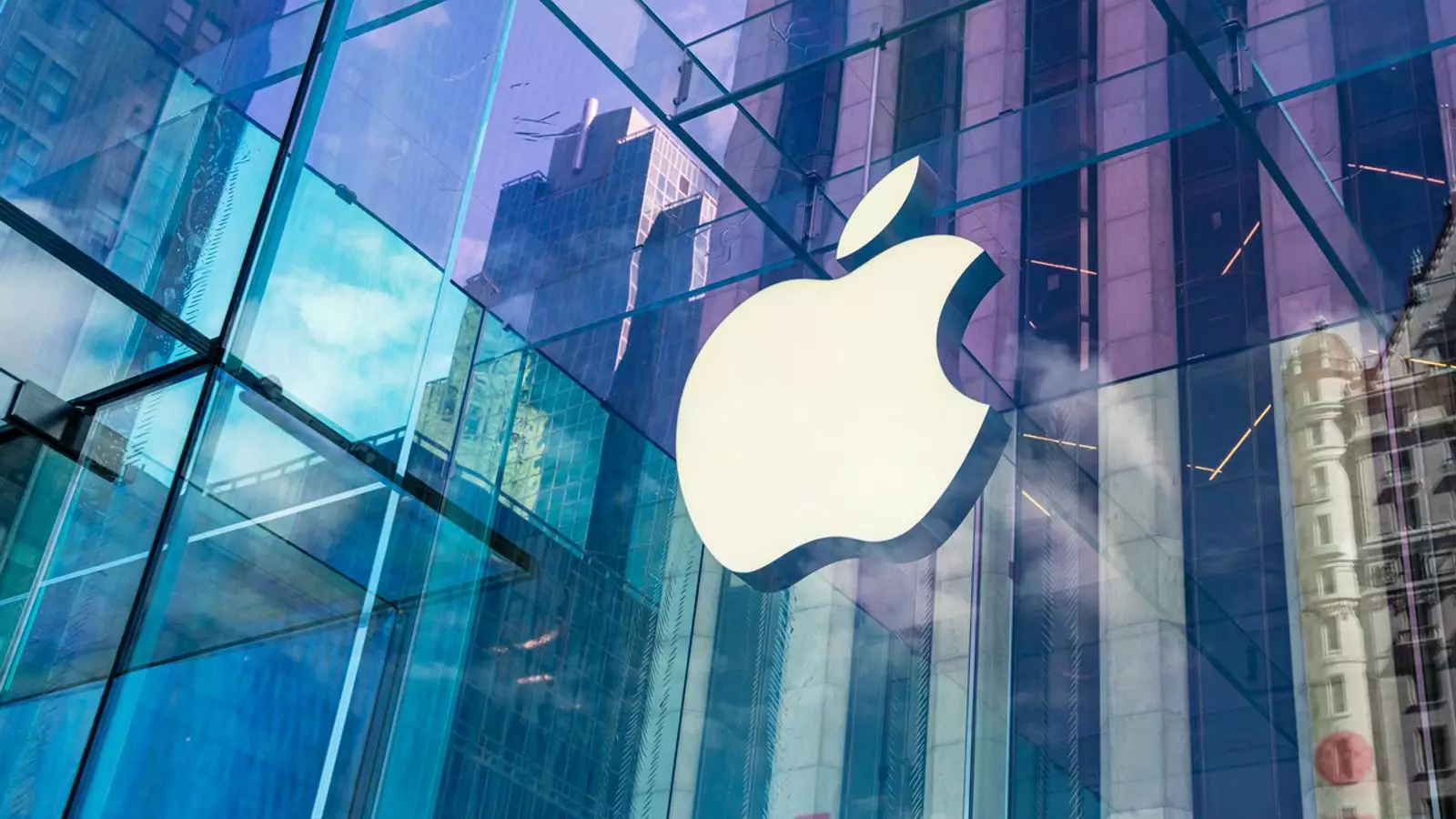In the wake of escalating tensions around digital privacy, Apple, the tech giant renowned for its robust security measures, faces a contentious order from the UK government. The request seeks to compel Apple to grant access to encrypted user data stored within its cloud services. This new development, reported by prominent outlets such as The Washington Post and the BBC, has sparked fervent discussions surrounding personal privacy rights versus national security needs. The UK government has reportedly issued a Technical Capability Notice (TCN) that enables the authorities to access users’ encrypted data globally—a move that raises significant ethical and practical concerns.
The fact that Apple previously maintained that even the company itself could not access user data underlines its commitment to user privacy. Only the account holders have the means to decrypt their own data, leaving even Apple as a mere guardian of the keys. This assertion has been a cornerstone of its marketing strategy, highlighting the importance of privacy in an era where digital surveillance is increasingly prevalent.
Government Justifications and Public Safety
Supporters of the UK government’s stance argue that access to encrypted data is necessary for safeguarding citizens. They cite the potentials for combating child exploitation, identifying criminal activities, and enhancing overall public safety. This perspective raises complex moral dilemmas; while the intention is to protect vulnerable populations, the ramifications of such power could lead to an erosion of civil liberties.
Opponents argue vehemently against this justification, emphasizing that breach of encryption can jeopardize not only individual privacy but also the safety of whistleblowers and journalists, who rely on confidentiality for their critical work in holding powers accountable. The fear that governmental tools intended for lawful access can be exploited by malicious entities adds another layer of concern. As history has shown, once tools for surveillance are made accessible, there is a persistent risk that they will be employed beyond their original intentions, undermining the very fabric of freedom and privacy.
The implications of the UK government’s order transcend domestic jurisdiction and hint at a more significant international conflict regarding data privacy and encryption standards. If the UK succeeds in compelling Apple to undermine its encryption protocols, it could set a precedent for other nations to follow suit—particularly authoritarian regimes like China, which might demand similar concessions from companies operating within their borders. This presents a chilling scenario: Western companies being forced to compromise user privacy under the threat of governmental pressures from authoritarian states.
Apple’s challenge to this order points to a fundamental clash between protecting user rights and obeying government directives. Although there are procedural avenues for Apple to appeal the TCN, these appeals are shrouded in secrecy, limiting public awareness and oversight. This lack of transparency runs contrary to the principles of democracy and accountability that should govern data protection issues.
Technological Responsibilities in the Age of AI
The contemporary digital landscape is characterized by rapid advancements in artificial intelligence and machine learning, mechanisms that can both aid and hinder privacy. The UK government has recently indicated an intention to establish stricter regulations over social media and technology companies, including innovative measures designed to tackle AI-generated abuse. Such regulations signal an acknowledgment of the evolving threat environment; however, they also underscore the urgent need for a comprehensive framework that balances security objectives with user privacy.
As technology firms navigate this complex web of regulatory pressures, they must reevaluate their governance structures to ensure compliance while steadfastly championing user rights. Apple’s stance against the TCN reflects a broader movement within the tech industry advocating for the preservation of encryption technologies, which remain crucial for user privacy and cybersecurity.
In response to the UK government’s directives, Apple has articulated a position that emphasizes the fundamental human rights associated with unrestricted access to personal data and encryption technologies. The company argues that allowing governments to dictate terms of access undermines established human rights principles and could place the UK at odds with global standards as determined by entities such as the European Court of Human Rights.
Apple’s advocacy highlights a growing awareness within tech firms regarding their responsibility in fortifying privacy as a fundamental right. Their assertion raises critical questions: To what extent should corporations engage with governmental authorities in regulating technology? And how can a balance be struck to ensure safety while safeguarding user rights?
The escalating debate around data encryption and government oversight encapsulates a significant crossroads. As Apple navigates its response to the UK’s controversial TCN, the outcome could have far-reaching implications. The fundamental question remains: Can user privacy coexist with national security measures, or will one invariably compromise the other?

